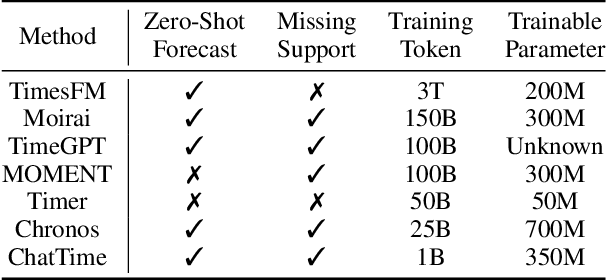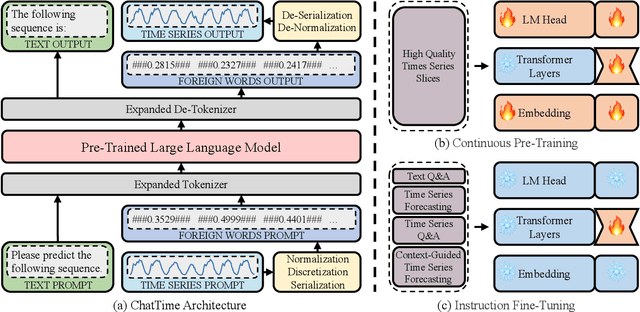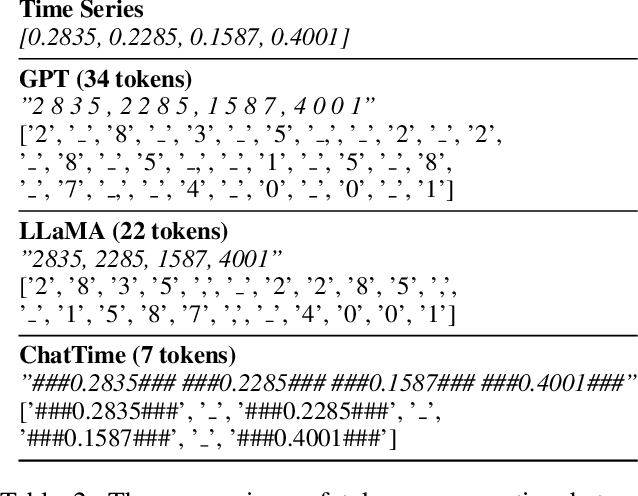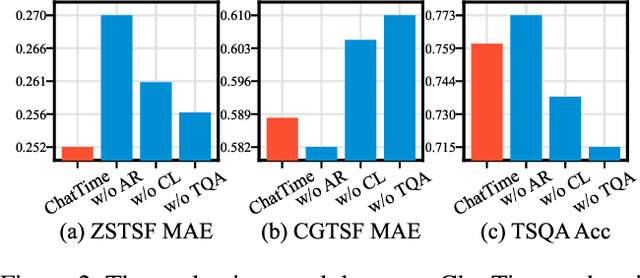Jinming Wu
MMSearch-R1: Incentivizing LMMs to Search
Jun 25, 2025



Abstract:Robust deployment of large multimodal models (LMMs) in real-world scenarios requires access to external knowledge sources, given the complexity and dynamic nature of real-world information. Existing approaches such as retrieval-augmented generation (RAG) and prompt engineered search agents rely on rigid pipelines, often leading to inefficient or excessive search behaviors. We present MMSearch-R1, the first end-to-end reinforcement learning framework that enables LMMs to perform on-demand, multi-turn search in real-world Internet environments. Our framework integrates both image and text search tools, allowing the model to reason about when and how to invoke them guided by an outcome-based reward with a search penalty. To support training, We collect a multimodal search VQA dataset through a semi-automated pipeline that covers diverse visual and textual knowledge needs and curate a search-balanced subset with both search-required and search-free samples, which proves essential for shaping efficient and on-demand search behavior. Extensive experiments on knowledge-intensive and info-seeking VQA tasks show that our model not only outperforms RAG-based baselines of the same model size, but also matches the performance of a larger RAG-based model while reducing search calls by over 30%. We further analyze key empirical findings to offer actionable insights for advancing research in multimodal search.
ChatTime: A Unified Multimodal Time Series Foundation Model Bridging Numerical and Textual Data
Dec 16, 2024



Abstract:Human experts typically integrate numerical and textual multimodal information to analyze time series. However, most traditional deep learning predictors rely solely on unimodal numerical data, using a fixed-length window for training and prediction on a single dataset, and cannot adapt to different scenarios. The powered pre-trained large language model has introduced new opportunities for time series analysis. Yet, existing methods are either inefficient in training, incapable of handling textual information, or lack zero-shot forecasting capability. In this paper, we innovatively model time series as a foreign language and construct ChatTime, a unified framework for time series and text processing. As an out-of-the-box multimodal time series foundation model, ChatTime provides zero-shot forecasting capability and supports bimodal input/output for both time series and text. We design a series of experiments to verify the superior performance of ChatTime across multiple tasks and scenarios, and create four multimodal datasets to address data gaps. The experimental results demonstrate the potential and utility of ChatTime.
Video Instruction Tuning With Synthetic Data
Oct 03, 2024



Abstract:The development of video large multimodal models (LMMs) has been hindered by the difficulty of curating large amounts of high-quality raw data from the web. To address this, we propose an alternative approach by creating a high-quality synthetic dataset specifically for video instruction-following, namely LLaVA-Video-178K. This dataset includes key tasks such as detailed captioning, open-ended question-answering (QA), and multiple-choice QA. By training on this dataset, in combination with existing visual instruction tuning data, we introduce LLaVA-Video, a new video LMM. Our experiments demonstrate that LLaVA-Video achieves strong performance across various video benchmarks, highlighting the effectiveness of our dataset. We plan to release the dataset, its generation pipeline, and the model checkpoints.
Rethinking the Power of Timestamps for Robust Time Series Forecasting: A Global-Local Fusion Perspective
Sep 27, 2024



Abstract:Time series forecasting has played a pivotal role across various industries, including finance, transportation, energy, healthcare, and climate. Due to the abundant seasonal information they contain, timestamps possess the potential to offer robust global guidance for forecasting techniques. However, existing works primarily focus on local observations, with timestamps being treated merely as an optional supplement that remains underutilized. When data gathered from the real world is polluted, the absence of global information will damage the robust prediction capability of these algorithms. To address these problems, we propose a novel framework named GLAFF. Within this framework, the timestamps are modeled individually to capture the global dependencies. Working as a plugin, GLAFF adaptively adjusts the combined weights for global and local information, enabling seamless collaboration with any time series forecasting backbone. Extensive experiments conducted on nine real-world datasets demonstrate that GLAFF significantly enhances the average performance of widely used mainstream forecasting models by 12.5%, surpassing the previous state-of-the-art method by 5.5%.
 Add to Chrome
Add to Chrome Add to Firefox
Add to Firefox Add to Edge
Add to Edge